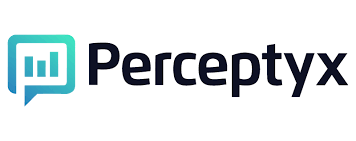ATD Blog
A New Approach to Cultivating Manager Power Skills
Fri Oct 28 2022

These days, everyone is talking about what Josh Bersin has dubbed power skills. Power skills, commonly and perhaps misleadingly labeled “soft skills,” focus on the behavioral aspects of a leader and include managerial qualities such as communication, collaboration, and problem solving. A good manager must have the technical knowledge required for their job, but they also need the increasingly valuable ability to relate to and inspire their team members.
The challenge, however, is that it’s notoriously difficult to measure and quantify power skills, especially in the leadership development space. With coaches, you can ask co-workers about their behavior, but only infrequently, and those answers are subject to biases. HR and talent development executives want to see a consistent return on these investments but are forced to rely on qualitative feedback to judge whether development programs and coaching are worth the effort.
A new generation of leadership development products powered by artificial intelligence (AI) is attempting to address these challenges, among others, with a data-forward approach to manager coaching. These solutions analyze both active feedback from 360-feedback surveys and passive listening signals from workplace communication channels, such as Slack, Google Workspaces, Microsoft 365, and Microsoft Teams, to identify a manager’s blind spots as well as other opportunities for coaching. They deliver personalized behavioral insights and recommendations to the manager via nudges and a metric-rich personal dashboard.
The goal is to deliver highly relevant coaching within the daily flow of work, allowing managers to put their newfound skills into practice immediately, track their progress, remain engaged in the coaching process, and produce a faster impact for their team. In developing our own solution, Cultivate from Perceptyx, to understand digital workplace behavior, we have been able to both measure and quantify changes in power skills.
To capture the extent of this improvement, we ran analyses examining the impact of simply using our product and of nudging managers with targeted email interventions offering advice about a specific behavior a manager has decided to improve. We measured the percent change from the time of the intervention through the following three months. This analysis included data from more than 2,500 anonymized managers across six different enterprise companies.
For certain behaviors, we saw that engagement with the Cultivate product and the increased self-awareness that resulted was sufficient to positively change behavior. For instance, we saw sustained behavior change over multiple months in expressions of kindness while giving feedback as well as in the amount of information managers shared after being asked for feedback. (Kindness is defined as positive interactions in individual communications coded through machine-learning sentiment analysis.)
Compared with the same behaviors measured prior to enrollment in the solution, we saw a roughly 20 percent increase in kindness and response density—the length and thoroughness of replies to questions—across all companies one month after managers first logged in. At some companies, that increase was as high as 75 percent. Two months after a manager’s initial visit to the product dashboard, those behaviors rose further or remained around 20 percent higher than initial values.
After three months, kindness while giving feedback remained 20 percent higher than the baseline, but feedback density dropped back to original levels without further intervention. This suggests that repeated interventions from an AI coaching product might be needed to sustain these results over time, though further research is needed to determine precisely how much benefit this will provide.
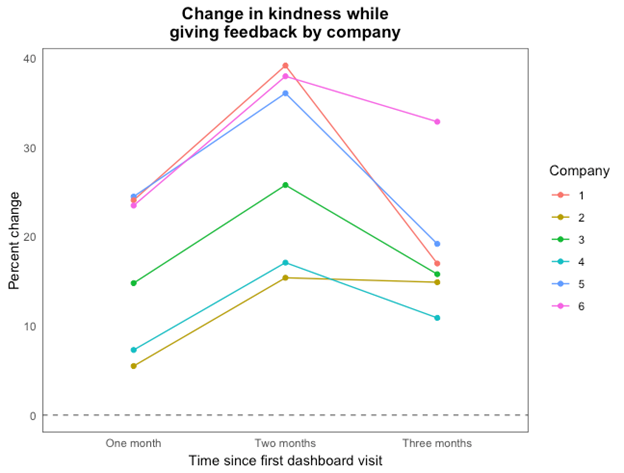
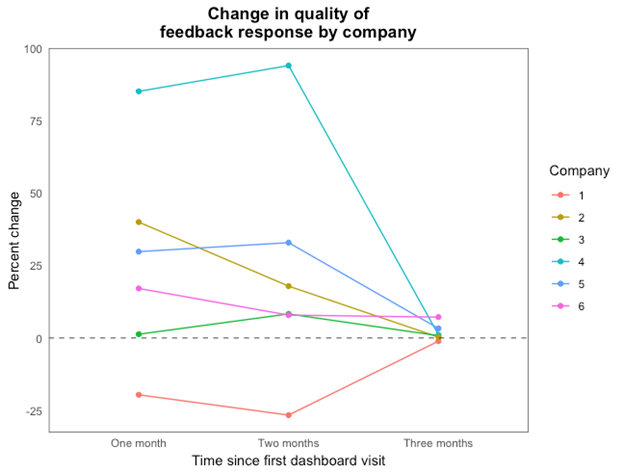
For more targeted behavior change, we designed an intervention that we call an opportunity series. An opportunity is triggered when the solution identifies a discrepancy in how a manager behaves toward members of their team. Specifically, if a manager gives significantly less recognition than average or takes much longer to respond to certain team members, we offer a month-long nudge series: a series of emails sent at regular intervals to remind managers about the behaviors they wished to work on as well as links to resources, such as the Harvard Business Review, from which they can learn more.
In fact, we saw a global improvement month over month in both giving recognition and response time when users are nudged. Managers across all companies increased their instances of giving recognition by 8 percent three months after interacting with an opportunity nudge. At certain companies, that behavior increased by as much as 40 percent after three months. Similarly, responsiveness increased by 10 percent after three months and by as much as 50 percent at some companies. After we let managers know they have room for improvement, we see them focus on that behavior—and it remains improved even three months later.
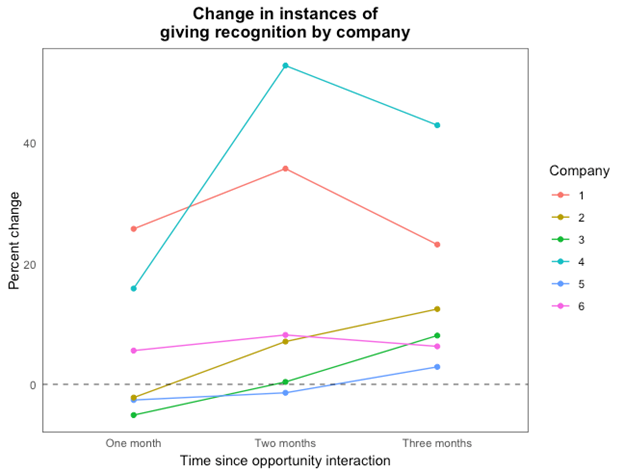
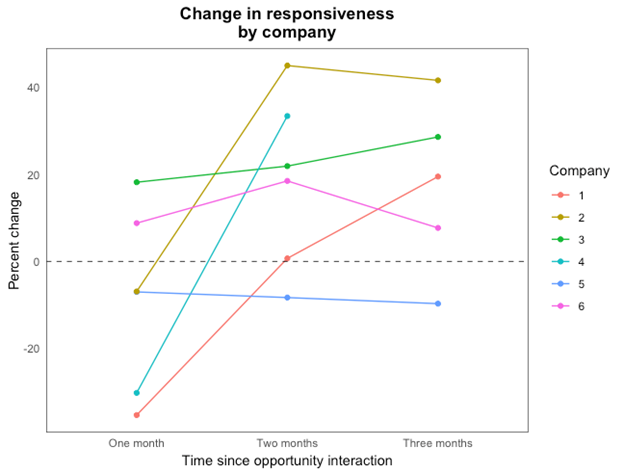
As we pioneer new tactics to change managers’ workplace behaviors, we’ll continue to learn and improve these digital interventions while simultaneously giving users everything they need to ensure that positive behavior change is not a one-off event. Indeed, we already see that some behavioral changes can be sustained over months, eventually becoming ingrained habits in today’s traditional, hybrid, and remote workplaces.
What benefits could an AI-powered coaching solution deliver to your organization while helping managers cultivate these critical power skills?
Align manager skills with goals. Empower managers to develop the skills that matter with coaching tailored to your unique leadership competency model or other skills gaps as identified through a 360-feedback survey.
Show the right next step. Continuously guide managers with highly personalized nudges based on their own behavior and digital signals from calendar, email, and chat platforms.
Expand coaching access and improve returns on investment (ROI). Augment human coaching with a scalable, always-on solution available to every manager.
Create an engaging culture. Inspire manager confidence and trust with guided best practices that promote engagement and motivate their teams to do their best work.
To learn more, download our free resource, A People Leader’s Guide to Intelligent Coaching.
More from ATD


